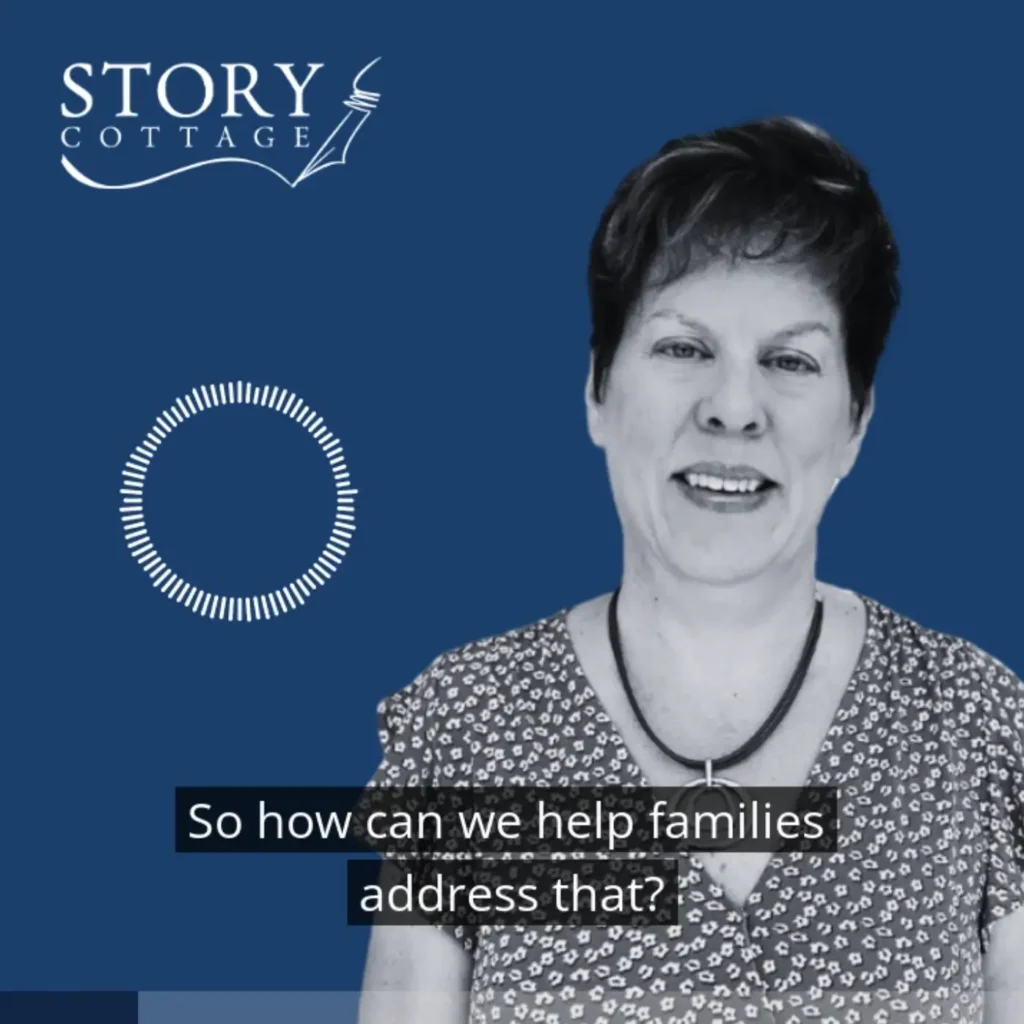Addressing the Stigma of Memory Care Conversations

Transcript:
And how can families address the stigma or fear associated with memory care in these discussions? I mean, there's a lot of really bad stigma around memory care. So how can we help families address that?
Sure. You know, I firmly believe in, again, the proactive approach. But second, really arm yourself with resources. We work with the Alzheimer's Association. We have our own support group. We need families to do their own research because it's very important that they feel they have control over that aspect and really understand what are the choices out there.
Now I will tell you, working in the field that I have, as long as I have, what we do with our much smaller environments in a residential setting versus institutional, I think really helps a family with this long-term type of arrangement because we are so different.
There are a lot of institutions out there where memory care was an afterthought. They added it on as a wing or for heavier care people. I saw that kind of thing in the industry for years where they really weren't addressing the memory care needs.
When you have staff that understand this disease and the process of it, you have understood requirements of meeting, going to an Alzheimer's event, going and understanding the disease, and being educated on reality orientation versus validation. These are all things that our staff are very familiar with. So that is where the difference would be between institutional versus residential.